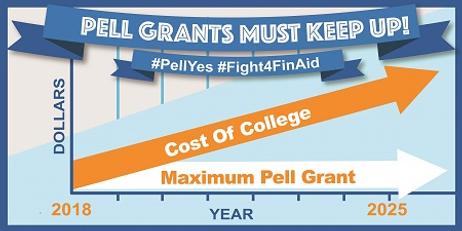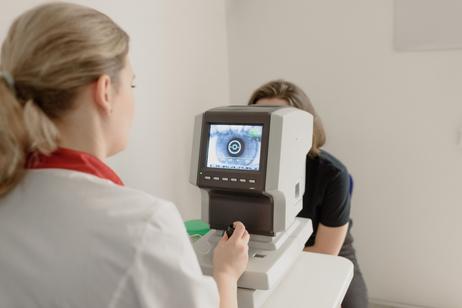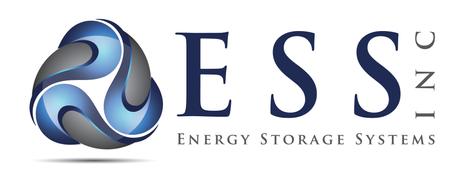Earning a bachelor’s business degree can pay off in dividends, with staff accountants generating $40,000 annually to financial controllers earning a median salary of $70,000. If you are a community college student considering a business career, there’s good news on the horizon! Some of America’s best business programs have partnered with local community colleges, offering transfer students guaranteed admissions into business schools at four-year universities.
This video explains how to transfer from a community college to a four year college.
Building Bridges Between Community Colleges and Business Schools
Across the country, more community colleges and business schools are signing articulation agreements, guaranteeing admissions for transfer students who meet the requirements.
For example, in Westminster, Maryland, Carroll Community College (CCC) signed a transfer agreement with Johns Hopkins University’s Carey Business School in November of 2009. The agreement “assures that qualified community college students can enter Johns Hopkins without the loss of credit and work on a four-year degree while entering with junior status.” With this agreement, community college students at Carroll have a specific outline regarding which courses to take and how they will transfer toward a B.S. Business.
In addition, through this agreement, students of Carroll Community College who intend to pursue a degree with the Carey Business School can access joint programs, resources, and advisors.
According to CCC’s dean of Mathematics, Business, and






















